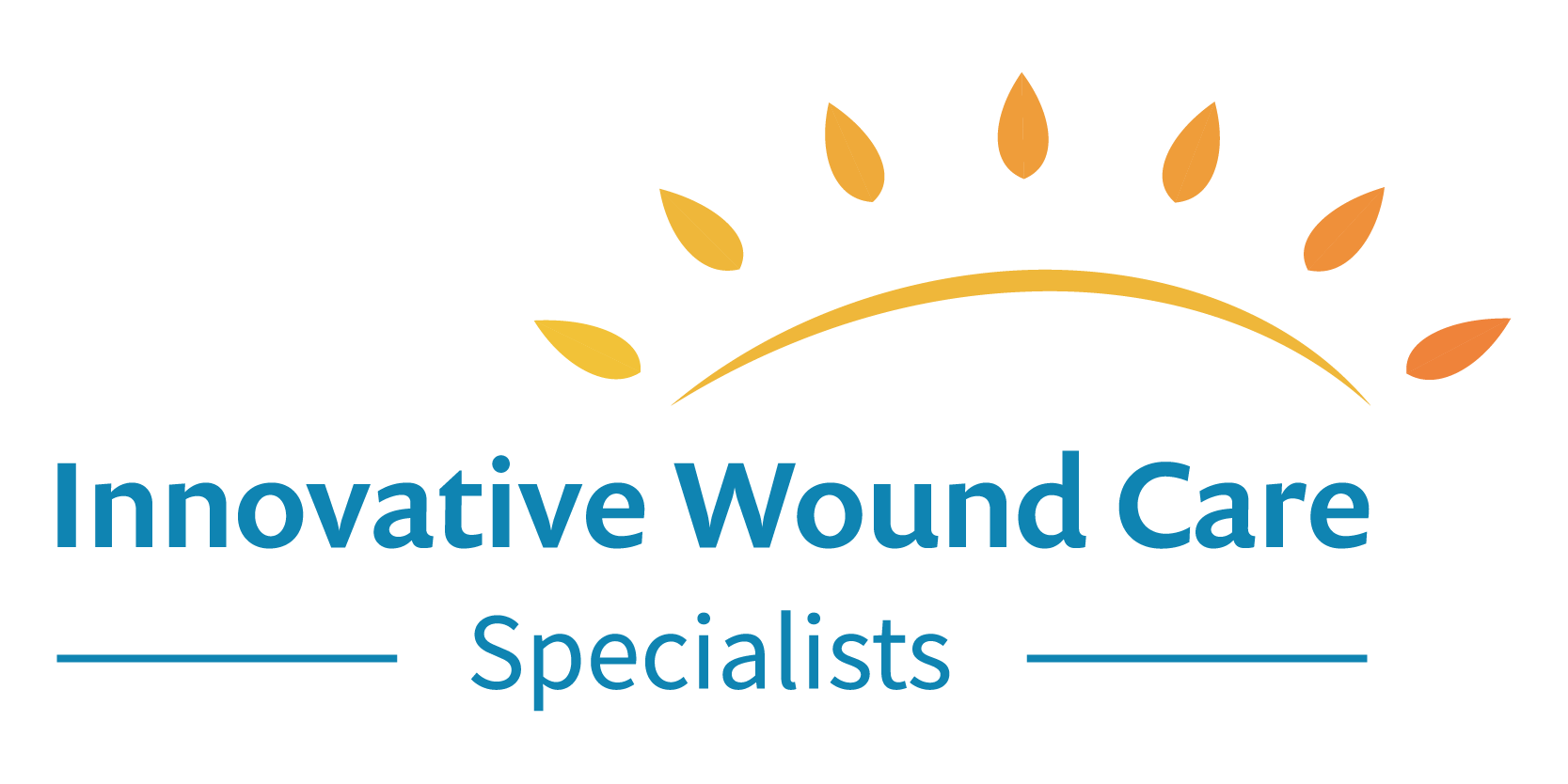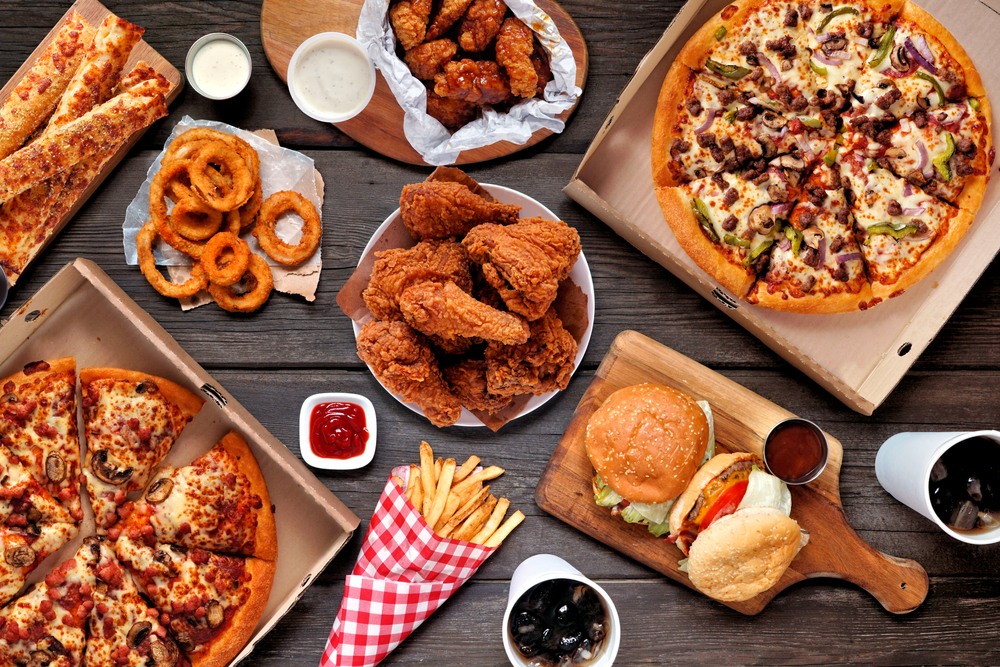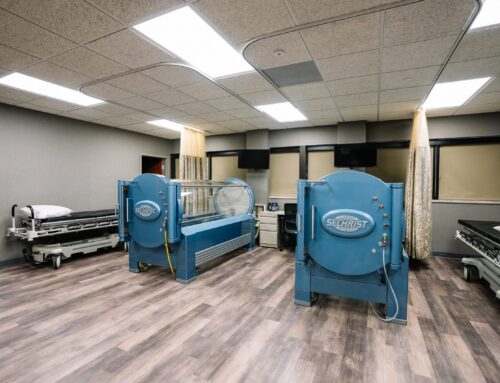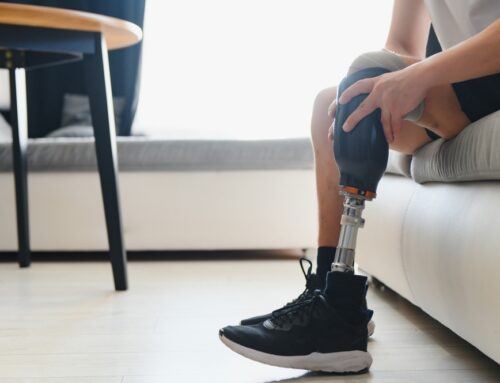Wound healing is much more complex than putting a Band-Aid on a cut, especially with deeper wounds that need more time and resources to heal. Every phase during your healing journey demands a steady supply of energy, proteins, vitamins, and minerals to build new tissue. The foods you eat while your body is recovering from an injury can delay your healing progress, which makes it important to understand which foods to avoid to keep your healing on track.
The Link Between Diet and Wound Healing
When your wound first begins to heal, your body triggers an inflammatory response to fight off infection and break down damaged tissue. Your immune system then helps fend off bacteria that can lead to infection to allow your body time to produce collagen to rebuild the tissue. Even your vascular system plays a role in wound healing, acting as the transportation system for resources and waste removal.
Poor diet choices can negatively impact wound healing because of the effects they can cause throughout your body. The foods you eat can cause symptoms such as:
- Prolonged Inflammation: Refined sugars and processed fats can cause inflammation in your body to last longer than necessary. Chronic inflammation can break down healthy tissue, delay tissue regeneration, and make the wound site painful.
- Impaired Immune Function: In order to fend off bacteria, your body needs protein, zinc, and vitamin C. When you lack these nutrients in your diet, it weakens your body’s ability to fend off bacteria and leaves your body susceptible to infection.
- Reduced Collagen Synthesis: Closing a wound requires collagen, which is a structural protein that acts as a building block in generating new tissue. Diets without enough protein, vitamin C, and amino acids can prevent your body from producing enough collagen to heal properly.
- Decreased Circulation and Oxygen Delivery: Foods high in sodium and trans fats can negatively impact your blood pressure and circulation. Poor blood flow can reduce the amount of oxygen and nutrients your wound gets, making tissue repair slow down.
- Blood Sugar Instability: Frequent blood sugar spikes can interfere with your immune system and limit your white blood cell effectiveness. High glucose levels can damage blood vessels and nerves and make it harder for wounds to heal.
Top 5 Foods to Avoid
Although there are foods that can help with wound healing, there are also foods you should avoid because they can impede your body’s ability to repair tissue.
Sugary Foods and Beverages
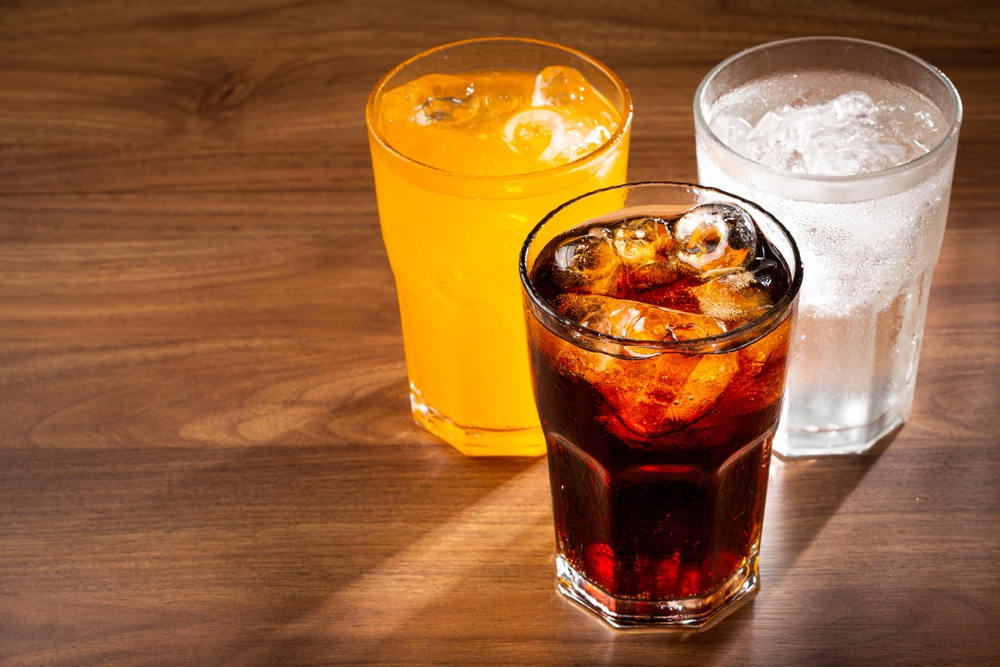
High-sugar diets directly impact inflammation and suppress your immune system. With sugary food and beverages, you increase your risk of developing insulin resistance and unstable blood glucose levels. To prevent these issues and help promote healing, you should avoid sugary food and drinks such as:
- Soda and sweetened beverages
- Candy, cakes, and pastries
- Sugary breakfast cereals
- Sweetened yogurt and granola bars
- Flavored coffee drinks and juices
Instead of a sugar-filled snack, choose whole fruits for natural sweetness and pair it with water or unsweetened tea. Limiting your sugar intake can help you reduce the strain on your body as it heals.
Processed and Fried Foods
Trans fats, refined oils, and preservatives in processed and fried foods can increase inflammation throughout your body. Many of these foods are high in calories but lack the nutrients your body needs to heal. Foods to avoid include:
- French fries and onion rings
- Fast food
- Packaged snacks like chips or crackers
- Frozen pizza and ready-to-eat meals
- Store bought pastries and baked goods
To change your diet for wound healing, swap fried or processed foods for grilled, roasted, or steamed meals made with whole ingredients.
Refined Carbohydrates
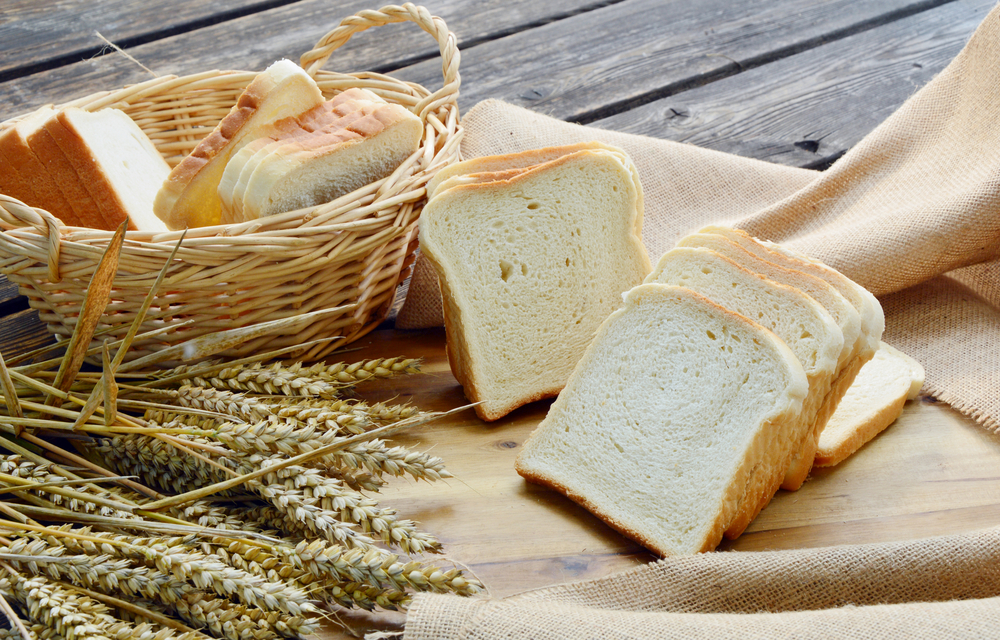
Acting similarly to sugar, refined carbohydrates are quickly broken down in your body and cause your blood sugar to spike. Frequent blood sugar changes can create inflammation and hinder your immune system. Examples of refined carbs include:
- White bread and white rice
- Pasta made with white flour
- Crackers, white bagels, and baked goods
- Instant noodles or processed grain products
If you’re looking to reduce the amount of refined carbs in your diet, look for whole grain alternatives. Whole grains like quinoa, barley, and brown rice are all good sources of fiber and other nutrients useful in wound healing.
Alcohol
Every stage of wound healing is negatively affected by alcohol. Much like other foods previously discussed, alcohol impairs your body’s immune response, but it also interferes with protein synthesis, depletes your zinc and vitamin C, and dehydrates you. Alcohol slows down tissue formation, which increases the risk of complications. Make sure to stay hydrated while you are recovering from an injury. If drinking alcohol is part of your routine, consider abstaining until your wound has completely healed.
High-Sodium Foods
When you have an excessive amount of sodium in your diet, it can cause fluid retention and swelling that restricts your blood flow. As a result, less oxygen and nutrients are being transported to your wound site. High-sodium foods can also contribute to high blood pressure, which can damage your blood vessels. The most common high-sodium foods are:
- Canned soups and broths
- Deli meats and sausages
- Fast food and takeout meals
- Salted snacks
- Instant noodles or frozen entrees
To reduce your sodium intake, you can use other herbs, garlic, lemon juice, or salt-free seasoning blends to flavor your meals. You can also look at unprocessed, fresh ingredients to avoid excess sodium.
How to Balance Your Nutrition for Wound Healing
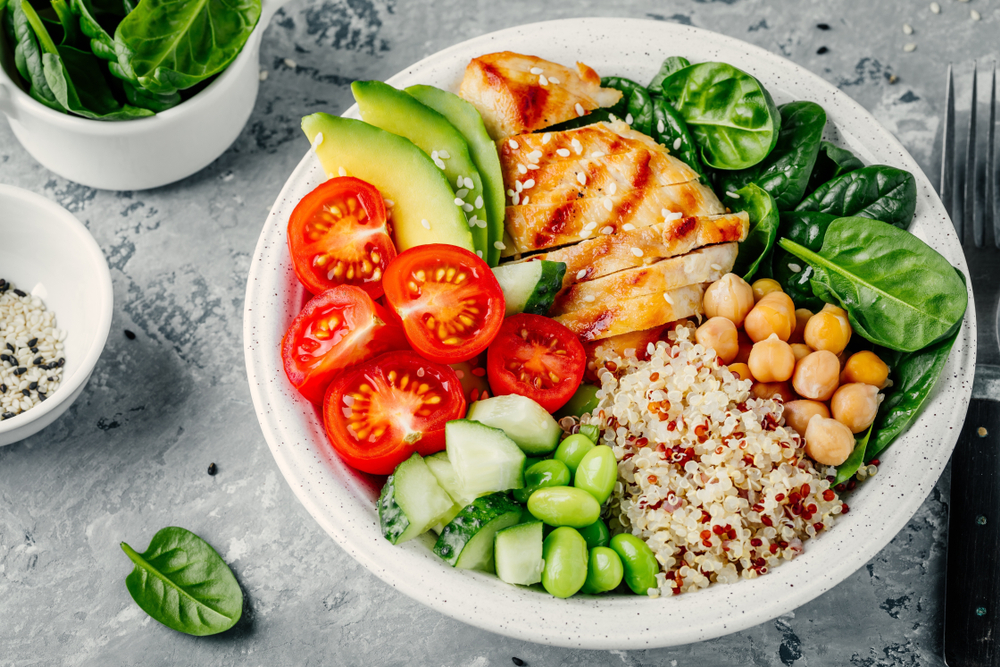
Although you should know which foods to avoid, you should also make sure your diet fuels your body with all the nutrients you need. Wounds take additional resources to heal, meaning you need more calories, vitamins, protein, and minerals than usual. When working on your diet, here’s the nutrients you should prioritize:
- Protein
- Vitamin C
- Zinc
- Iron
- Omega-3 Fatty Acids
- Antioxidants
In addition to these nutrients, you should make sure to stay hydrated to help with your circulation. For more information, check out our article Nutrition Tips for Wound Care.
When to Speak with a Wound Care Specialist
Although diet changes can have an effect on your healing progress, there are cases where a wound requires specialized medical attention. Seek medical attention if your wound:
- Shows no sign of improvement after 7-10 days
- Has a foul odor or becomes increasingly painful
- Fever or chills
- Increased redness, swelling, or pus-like drainage
In addition to these symptoms, you may want to seek out professional advice if you have underlying conditions such as diabetes, peripheral artery disease, or lymphedema. Also, if you have a history of chronic wounds like venous leg ulcers, pressure ulcers, or diabetic foot ulcers, talk to a doctor about your wound care options.
Wound Care at Innovative Wound Care Specialists
With our specialists at Innovative Wound Care, we can help evaluate your wound and determine if advanced wound therapy is a good option for you. We can help ensure your treatment is compatible with your medical history and mobility. Let us guide you through every step of your wound healing journey, from preparing your wound to learning how to use wound dressings.
At Innovative Wound Care in Flint, Michigan, we proudly offer treatments for:
We also offer some of the top treatment options for wounds, such as:
- Hyperbaric oxygen therapy (HBOT)
- Advanced wound dressings
- Compression dressings
- Debridement
- Negative pressure wound therapy
- Prosthetic and Pressure Relief Assistance
Allow our providers to properly assess your wound to expedite your healing journey. You should not have to suffer in silence when you have options available to treat and manage chronic wounds.
Contact us today to learn more about our options and the next steps you can take for further healing. We look forward to hearing from you.
